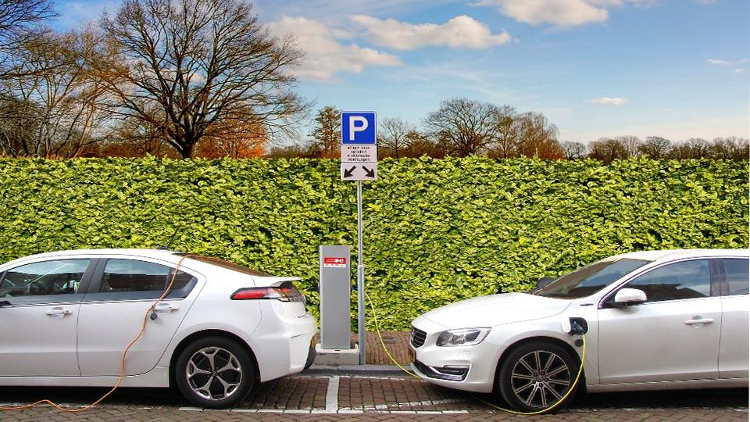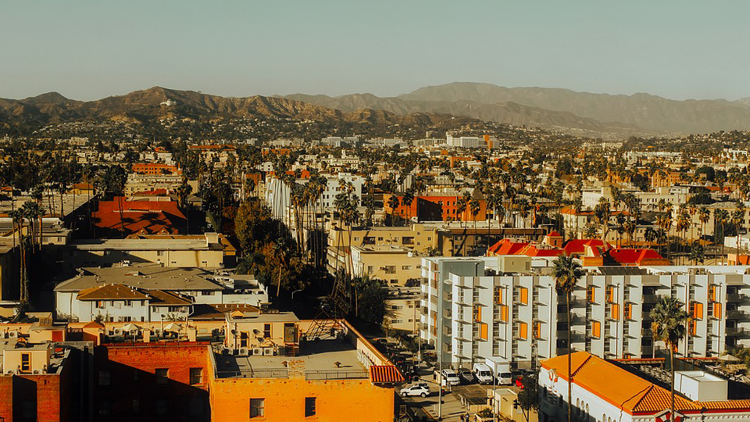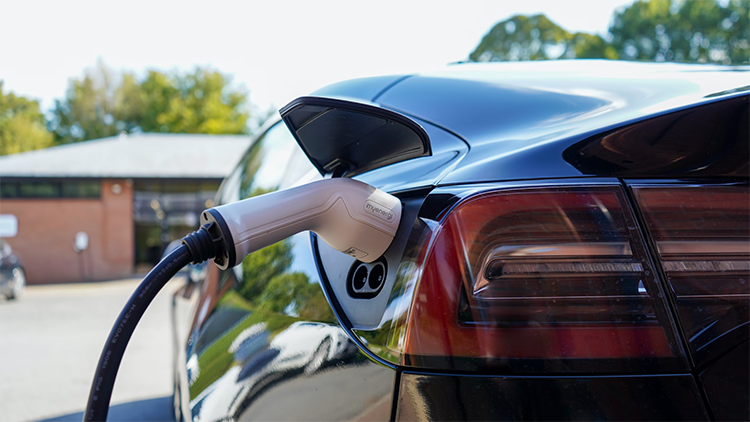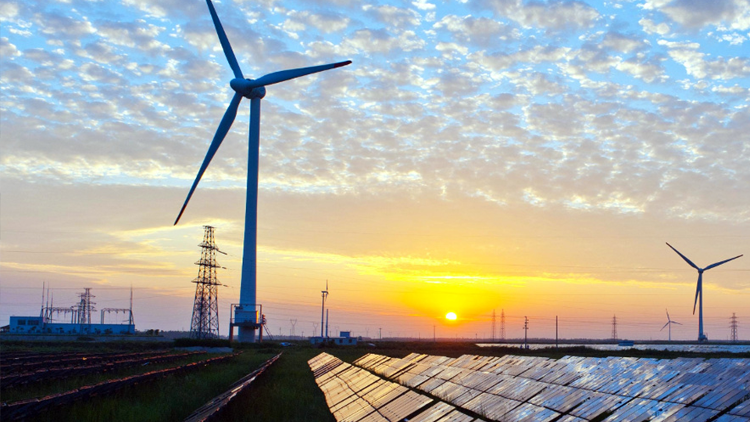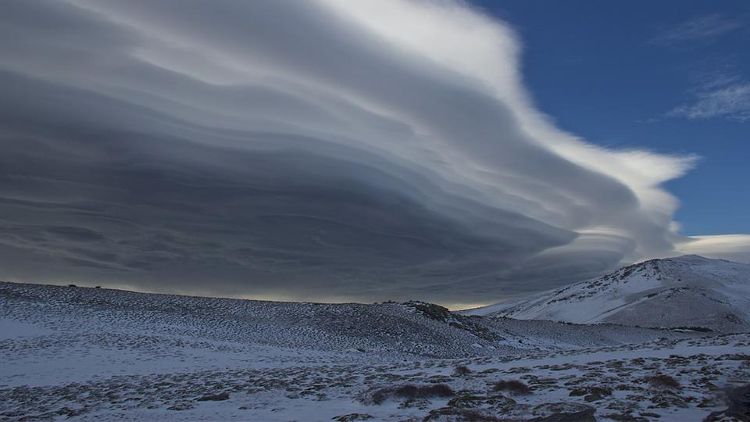
California is becoming hotter and drier because of climate change. From 2011 to 2015, the state experienced an extreme drought characterized by unprecedented high temperatures and low precipitation. The drought resulted in record-breaking dry soils, significant agricultural damage, and rapid depletion of groundwater resources. Despite ongoing efforts to reduce greenhouse gas emissions, warming is expected to continue over the next several decades. Thus, it is now more important than ever to understand how anthropogenic warming will affect future drought conditions, like snowpack. As an important indicator of drought, the snowpack is especially relevant in California for the Sierra Nevada snowpack provides 60% of the state's water via a network of dams and reservoirs.
Award Year

